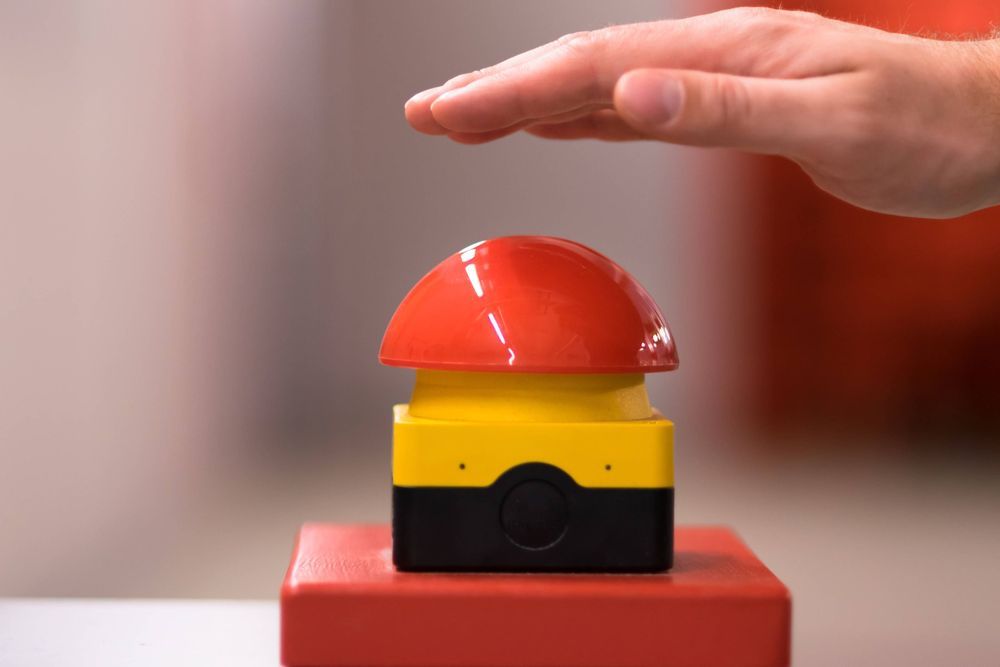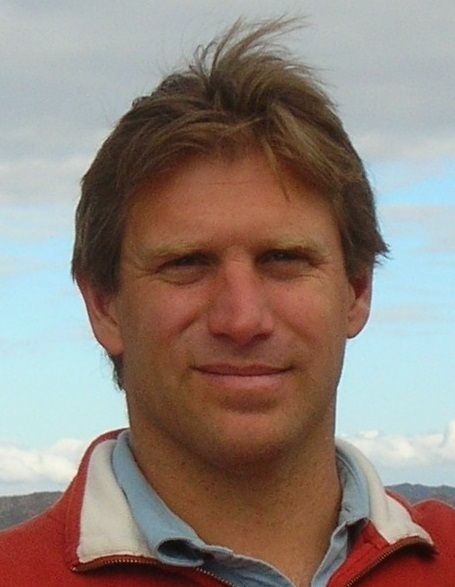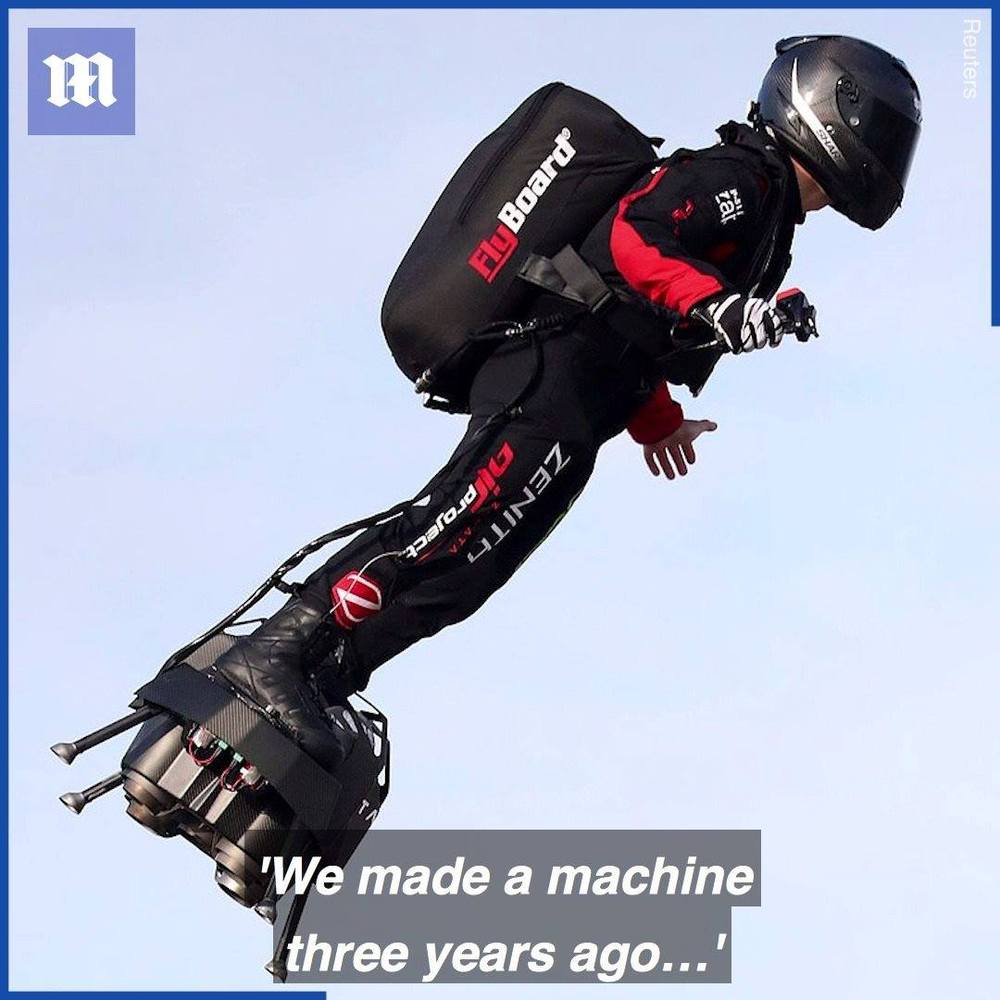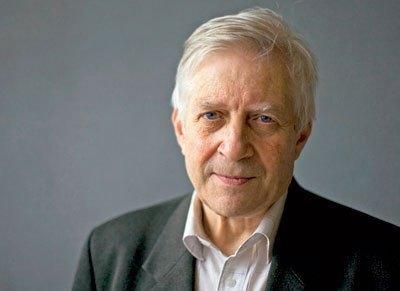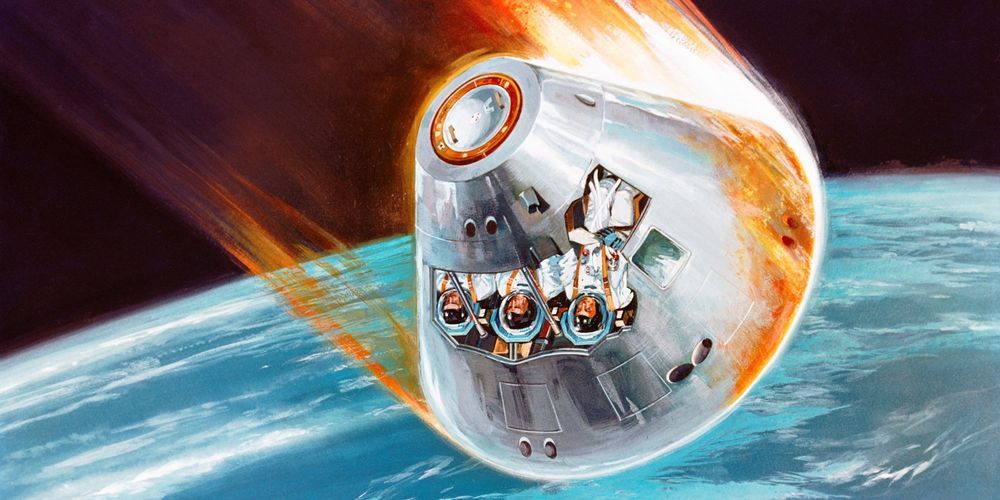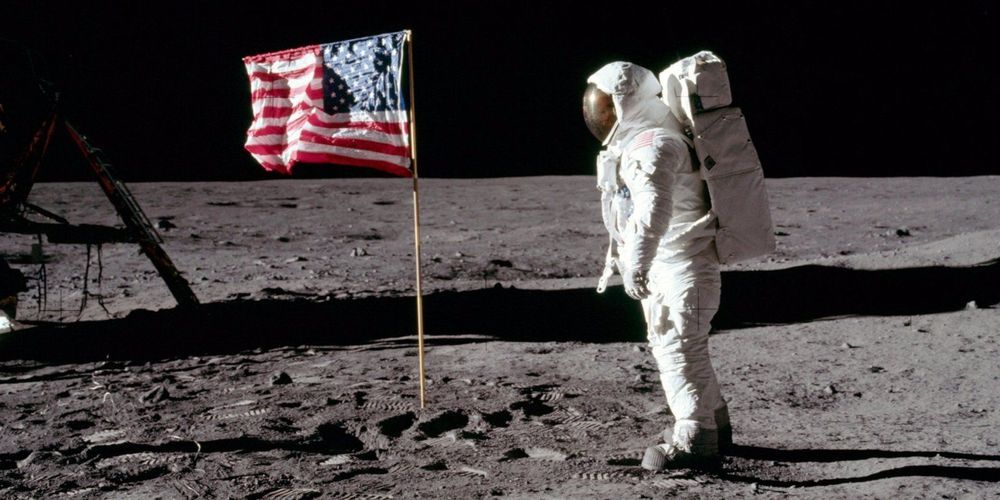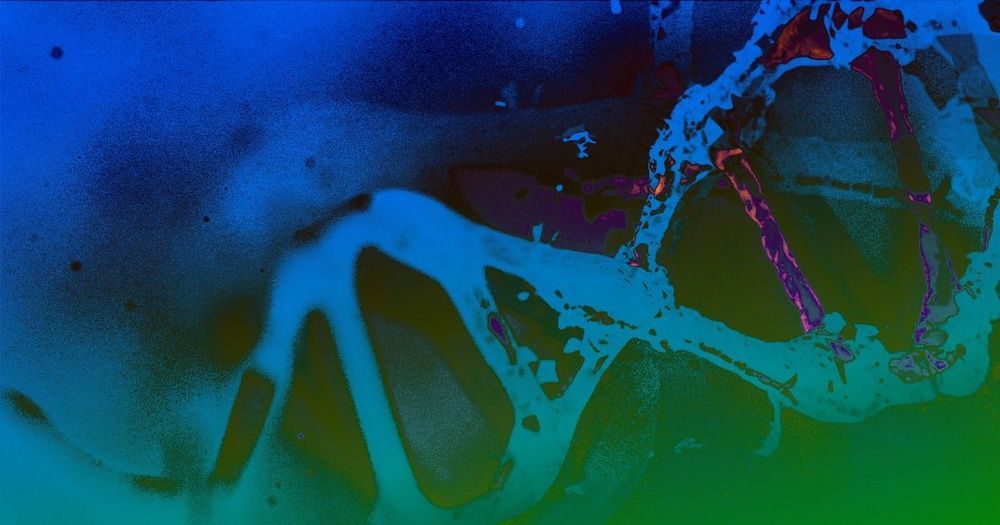Aug 4, 2019
Why an AI pioneer thinks Watson is a “fraud”
Posted by Genevieve Klien in categories: humor, robotics/AI, transportation
The other gaming was that computers don’t really understand words… So you ask, “Who was the sixteenth president of the United States.”? The computer doesn’t know what “sixteenth” and “president of the United States” mean. But it can go and rummage through Wikipedia-like sources and find those words and match them to a president, Abraham Lincoln and come back with “‘Who’ was Abraham Lincoln.”
But then you put anything in that’s like a pun or a joke or a riddle or sarcasm, that you can’t look up in Wikipedia, and computers are helpless. For example, in the first round, one of the final Jeopardy clues was, “Its largest airport is named for a World War II hero; its second largest for a World War II battle.” And the correct answer was “Chicago.” And Watson guessed “Toronto,” apparently because it was confused in the second part of that sentence, what “it” referred to. And that is a common problem with computers. (See: Why did Watson think Toronto was in the U.S.A.?)
Terry Winograd is a computer scientist at Stanford and he thought up this test of computer knowledge. The question is, “What does ‘it’ refer to in this sentence?”
